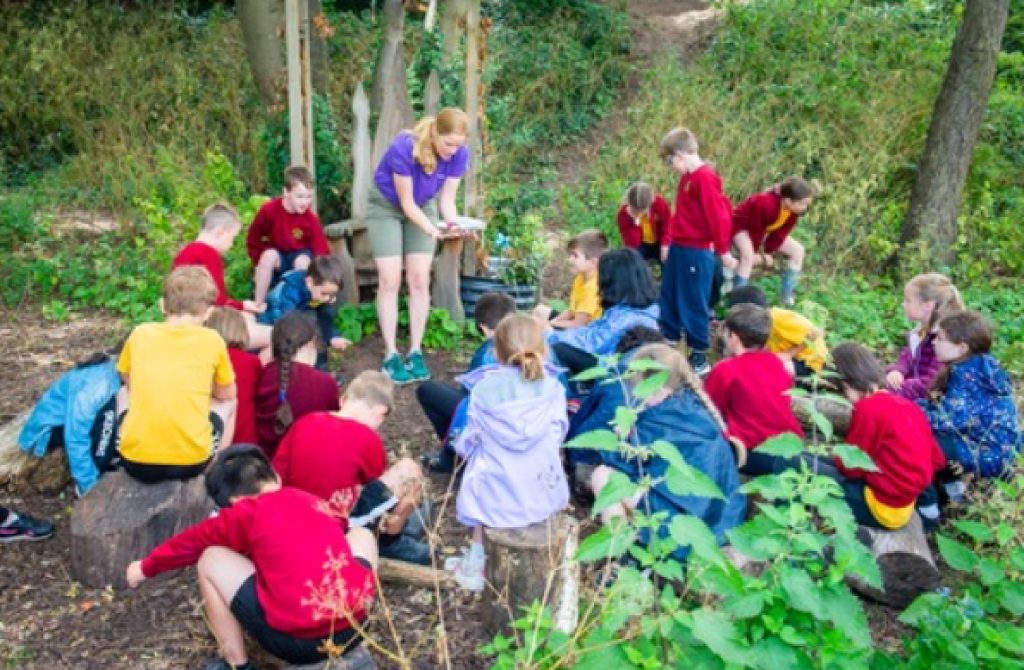There is an increase in children and young people with mental health issues.
Why is this… (and what’s the solution?)
“Our bodies are designed to move and be in nature” and today children and young people are not doing enough of either of these.
This is crucial connection that is often overlooked in discussions about mental health, but is a significant reason for the increase in mental health issues, particularly among children:
1. Reduced Physical Activity:
- Sedentary Lifestyles: Modern lifestyles, especially for children, are far more sedentary than those of previous generations. Increased screen time, reliance on cars, and a decline in outdoor play contribute to this.
- Impact on Brain Chemistry: Physical activity is essential for the production of neurochemicals like endorphins, which have mood-boosting and stress-reducing effects. Lack of exercise can disrupt these natural processes.
2. Disconnection from Nature:
- Nature Deprivation: Spending time in nature has been shown to reduce stress hormones, improve attention, and enhance overall well-being. Urbanisation and decreased access to green spaces have led to a growing “nature deficit.”
- Evolutionary Perspective: Our brains evolved in close connection with nature. We are naturally drawn to natural environments, and being deprived of them can lead to feelings of unease and disconnection.
3. Sensory Overload & Stress:
- Urban Environment: The built environment is often filled with excessive stimulation – noise, bright lights, constant advertising – which can overwhelm the senses and contribute to stress and anxiety.
- Pace of Modern Life: The fast-paced, demanding nature of modern life can leave individuals, especially children, feeling overwhelmed and stressed.
4. Social Connection:
- Solitary vs. Social Play: Traditional outdoor play often involved social interaction and cooperation, which are crucial for developing social skills and emotional resilience. Increased screen time can lead to more solitary activities, potentially impacting social development.
When children and young people are deprived of movement and connection with nature, their bodies and minds are not functioning optimally. This can manifest in various mental health challenges, including:
- Anxiety: Lack of physical activity and nature exposure can contribute to feelings of unease and worry.
- Depression: Disrupted neurochemical balance and feelings of disconnection can increase the risk of depression.
- Attention Deficit Disorders: Reduced exposure to nature and increased screen time can impact attention span and focus.
- Behavioral Problems: Unreleased energy and stress can contribute to irritability and behavioural issues.

Creating environments where kids have increased physical activity and access to nature can be a crucial component (in a complex puzzle) in promoting mental well-being, especially for children and young people. Our In the Wild programme for both Primary and Secondary does just that.

Leave a Reply